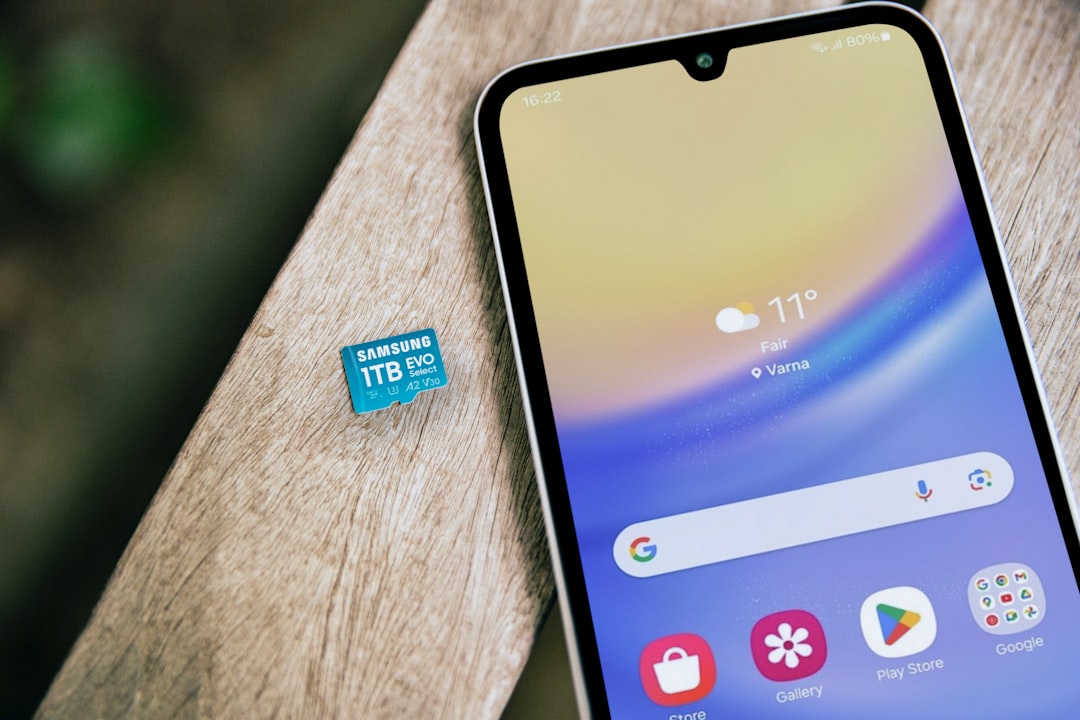Robocalls have become a major nuisance in Florida, with telemarketers and scammers using automated calls to disrupt residents' lives. The state's large population makes it a significant target for spam calls, affecting privacy and peace of mind. Floridians are turning to robocall blocking solutions like CallHalt, TrueCall, and Hiya apps, which use AI to identify and block unwanted calls from including robocall attorneys. Laws like the TCFA and TCPA protect residents, and filing complaints against offenders helps manage the issue. Advanced call filtering technologies revolutionize privacy protection, significantly reducing robocalls, especially from disguised legal firms. Strategies suggested by robocall attorneys include registering with "Do Not Call" registries, updating privacy settings, blocking known telemarketers, and staying informed about new anti-robocall technologies.
In Florida, as across the nation, robocalls have become a pervasive nuisance, with an estimated 2 billion unwanted calls made daily. These automated phone calls, often from telemarketers or scammers, can be legally obstructed under specific guidelines set by the Telephone Consumer Protection Act (TCPA). This article guides Florida residents through the complex world of robocalls, offering insights into their legal standing and practical solutions, including top-rated blocking apps, advanced call filtering technologies, and effective strategies to minimize these intrusive calls.
Understanding Robocalls and Their Impact in Florida

Robocalls have become a prevalent and often annoying issue for residents across Florida, much like in other states. These automated phone calls, commonly used by telemarketers and scammers, can disrupt daily life and leave many feeling frustrated and vulnerable. With the rise of technology, these automated messages have become more sophisticated, making it harder for individuals to distinguish legitimate calls from unwanted ones. This is where a robocall blocker comes into play, offering a sense of control and protection against unsolicited communications.
In Florida, with its large population and diverse demographics, the impact of robocalls is significant. Many Floridians receive numerous spam calls daily, often promoting legal services or attempting to sell products and services. This trend has prompted many residents to seek solutions, leading to an increased demand for effective robocall blocking applications and devices. As a result, various options are now available to help individuals reclaim their privacy and peace of mind, ensuring that unwanted calls are blocked while important communications remain unobstructed.
Legal Perspective: What Does the Law Say About Robocalls?

In Florida, as in many states, there are laws in place to protect residents from unwanted robocalls. These automated telephone marketing calls, often used for telemarketing or political purposes, have sparked significant consumer complaints due to their invasive nature. According to the Telemarketing and Consumer Fraud and Abuse Prevention Act (TCFA), also known as the Telephone Consumer Protection Act (TCPA), businesses must obtain explicit consent from consumers before making automated phone calls for marketing purposes. A robocall Attorney Florida can guide individuals on their rights and help them navigate legal actions against unwanted calls.
The TCPA sets strict rules, with penalties for violations, to ensure that consumers’ privacy is respected. Consumers in Florida have the right to file complaints against companies that make unsolicited or abusive robocalls. By understanding these legal protections, residents can take proactive measures to block and manage robocalls effectively, ensuring a more peaceful and less disruptive phone experience.
Top Robocall Blocker Apps for Florida Residents

For Florida residents facing an influx of unwanted robocalls, there are several top-rated apps available to reclaim their phone lines. Robocall Blocker Apps have emerged as powerful tools, specifically designed to combat the persistent issue of automated calls, including those from robocall attorneys. These applications utilize advanced technology to identify and block incoming spam calls effectively.
Some of the highly-rated options include CallHalt, TrueCall, and Hiya. Each app offers unique features like intelligent call screening, automatic blocking, and personalized filtering based on user preferences. By downloading one of these robocall blocker apps, Florida residents can enjoy a quieter, more peaceful communication experience, freeing them from the nuisance of unsolicited calls, especially those from legal firms employing automated outreach methods.
Advanced Call Filtering Technologies Explained

Advanced call filtering technologies are transforming the way Florida residents protect their phone lines from intrusive robocalls. These innovative systems leverage machine learning algorithms and artificial intelligence to analyze incoming calls, distinguishing between legitimate contacts and automated marketing messages. By continuously learning and adapting to new patterns, these tools can block a wide range of robocallers, including those masquerading as local attorneys or government agencies.
In Florida, where phone spam is prevalent, such advanced call filtering solutions offer a robust defense mechanism for residents seeking peace of mind. These systems not only identify and prevent unwanted calls but also provide valuable data on calling patterns, allowing users to make informed decisions about their privacy settings. With the ability to significantly reduce the volume of robocalls received, these technologies empower Florida consumers, ensuring they can focus on genuine communications without the constant nuisance of automated threats, including those from apparent robocall attorneys.
Effective Strategies Beyond App Usage to Reduce Robocalls

Beyond relying on dedicated apps, there are several effective strategies that a robocall attorney in Florida recommends to combat relentless automated calls. One powerful method is to register your number with national “Do Not Call” registries, such as those maintained by the Federal Trade Commission (FTC). This federal database restricts telemarketers from calling registered numbers, offering a robust first line of defense. Additionally, updating privacy settings on your phone and social media accounts can significantly curb automated contact. Many operating systems now include built-in tools to block unknown or unwanted callers, enhancing personal privacy.
Regularly reviewing and managing contacts is another crucial strategy. By eliminating known telemarketers and blocking their numbers, you reduce the likelihood of receiving future calls from them. Furthermore, staying informed about new robocall trends and technologies allows for proactive measures. Keeping your phone’s operating system and apps updated ensures that you have access to the latest tools designed to identify and block these automated intruders.






